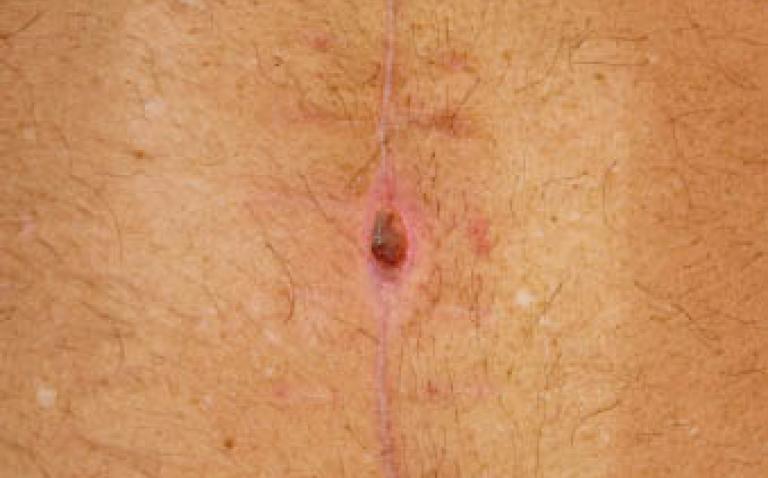Blackpool Teaching Hospital has introduced rapid screening for the superbug MRSA of all emergency admissions patients, and both MRSA and MSSA for surgical patients admitted through A&E, which helps bring clinical and economic benefits.
In 2008, Blackpool Teaching Hospital recognised the need to implement an effective screening system that would minimise the spread of MRSA, and introduced a rapid polymerase chain reaction (PCR) testing method. Rapid PCR screening enables quick and accurate identification of MRSA in hospital admissions, which is crucial for optimal & timely treatment decisions, isolation reduction and reducing potential cross-transmission or acquisition of these infections.
Blackpool Teaching Hospital carried out an initial 12 month pilot study of screening all emergency patients using the rapid PCR testing method. The results saw the number of MRSA bacteraemia fall dramatically from the pre-study to pilot study period, and demonstrated clinical benefits & economic advantages of using rapid screening techniques.
In August 2010 Blackpool Teaching Hospitals decided to extend the PCR screening programme (as a pilot) to include MSSA for all surgical patients admitted through A&E. Preliminary data also shows a significant drop in MSSA bacteraemia (Acute and Primary Care) from 2009-10 to 2011-12.
Dr Achyut Guleri, Consultant Microbiologist and Head of Department for Clinical Laboratory Medicine at Blackpool Teaching Hospitals NHS Foundation Trust says: “The rapid PCR screening system enables timely reporting, aides the clinical decision making process and ensures that high standards of patient management are maintained. Reduced healthcare associated infections are associated with significant cost savings that can be re-invested in other areas of healthcare, transforming patient care in the fylde coast”.
The trust has carefully considered the clinical benefits and economic advantages of the programme and extended it beyond the pilot. Since the introduction of rapid PCR screening, the number of positive MRSA and MSSA infections including bacteraemias at the hospital have continued to decline with associated reduction in the average length of stay.
The impact of the programmes will be presented by Dr Guleri and Mr Kehoe at a symposium held by medical technology company BD at the Federation of Infection Societies & Hospital Infection Society International Conference, 19-21 November 2012, Liverpool. Mr Aidan Kehoe, the then Chief Executive at Blackpool Teaching Hospitals NHS Foundation Trust, has just been appointed as Chief Executive at The Royal Liverpool and Broadgreen University Hospitals NHS Trust.










